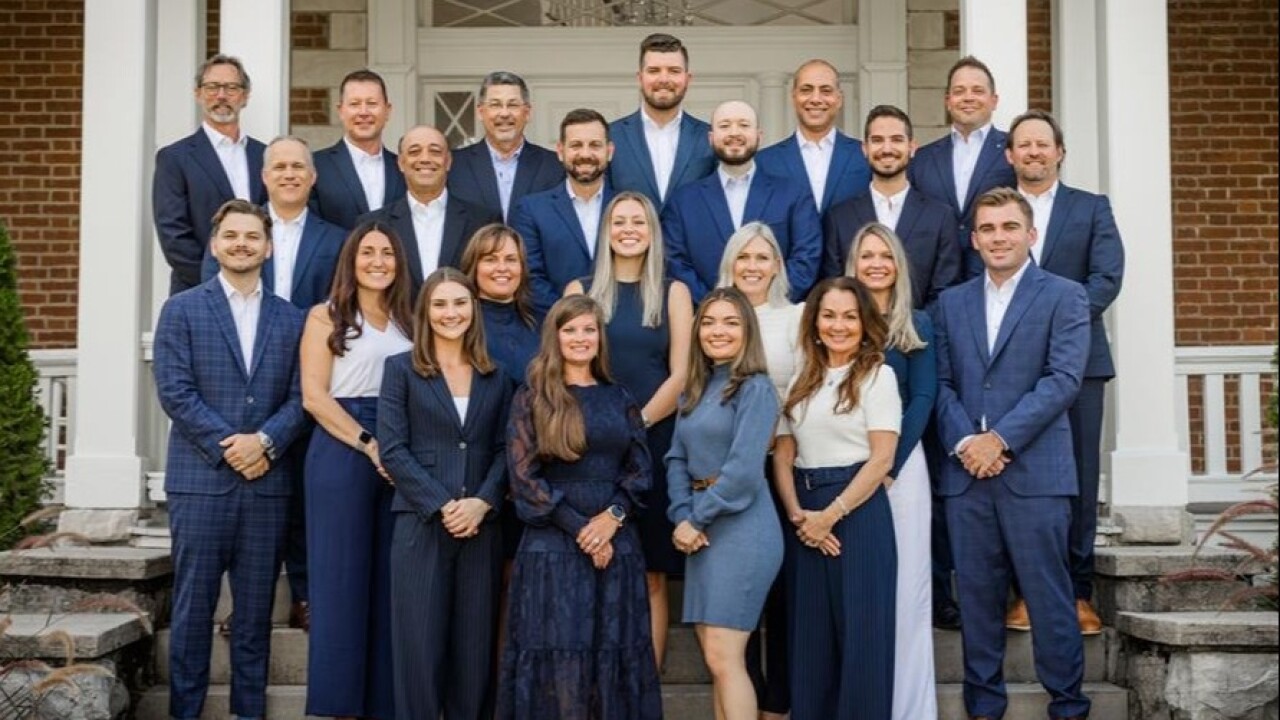Amid "the tragic crises and natural disasters happening around the globe," the IRS is warning the industry and its clients about fake charities designed to prey on generous givers.
Promoters of bogus charities frequently victimize seniors and people with limited English proficiency using sketchy emails or websites and altered phone numbers, according to
READ MORE:
The warning signs of phony charities include demands for immediate payment, an inordinate amount of personal information and requests for numbers from a gift card or a wire transfer rather than a check or credit card. The bulletin also offered a few helpful rules to keep in mind, such as, "Donors should not feel rushed" and "Taxpayers should treat personal information like cash and not hand it out to just anyone."
The agency has been issuing similar calls for caution and restraint recently about
"We all want to help innocent victims and their families," IRS Commissioner Danny Werfel said in a statement. "Knowing we're trying to aid those who are suffering, criminals crawl out of the woodwork to prey on those most vulnerable — people who simply want to help. Especially during these challenging times, don't feel pressured to immediately give to a charity you've never heard of. Check out the charity first and confirm it is authentic."





